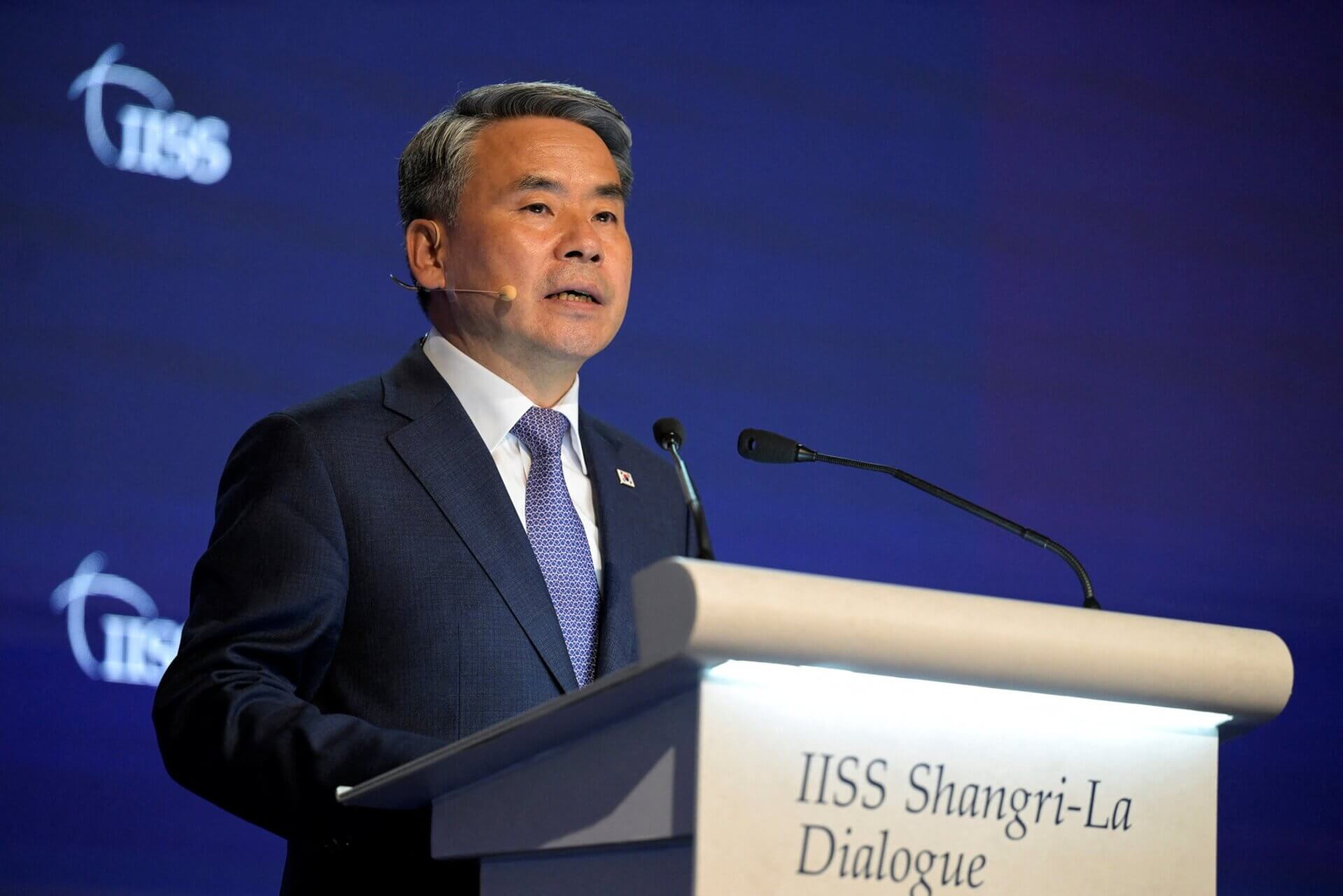South Korea’s new defence white paper has recognised North Korea as a threat for the first time in six years.
New Findings
The biennial document released on Thursday stated that as North Korea has continued “to pose military threats without giving up nuclear weapons,” the Kim Jong-un regime and military, which it recognised as “the main agents of the execution,” are its “enemies.”
Seoul cited Pyongyang’s ongoing weapons development, cyber and military provocations, and its recent portrayal of the South as an “enemy” as the basis of its latest decision.
The paper alleged that Pyongyang has increased its nuclear stockpile by continually reprocessing spent fuel from its reactor. It also claimed that the country now possessed about 70kg of weapons-grade plutonium, up from previous estimates of 50kg.
North Korea has new stamps out Feb 17th
— Ryan Dawson (@RyLiberty) February 14, 2023
The new stamps feature pictures of the North Korean leader and his daughter Chu-ae during a test launch of the Hwaseong-17 ICBM. pic.twitter.com/whQgYK197R
It added that the secretive regime has also secured “substantial” amounts of highly enriched uranium and a “significant level of capability” to “miniaturise” atomic bombs through six nuclear tests, the last of which it conducted in 2018.
Referring to North Korea rebuilding previously destroyed tunnels at its testing site last year, the paper said that the South’s military is “strengthening surveillance as the possibility of an additional nuclear test is rising.”
The document acknowledged Pyongyang’s string of launches last year, including its multiple tests of intercontinental ballistic missiles (ICBMs), such as the new Hwasong-17. However, it said it needed to further analyse and verify whether the regime has acquired improved missile re-entry technology.
I'll have more to say on the significance here, but there's at least one important threshold crossed. (This sets aside other sources of missile failure; Hwasong-17s are also going to be MRV/MIRV capable.) https://t.co/JLyUZZetRx
— Ankit Panda (@nktpnd) February 9, 2023
On Japan
For the first time since 2016, the paper called Japan a “close neighbour that shares values,” with whom it aims to “establish future-oriented, cooperative relations that serve common interests.”
Both sides have been attempting to mend ties strained by World War II disputes and trade spats.
In the 2016 and 2020 editions, Seoul simply described Tokyo as a “neighbouring country.”
Past Editions
This statements in this white paper contrast with findings of the 2020 edition, which said the North had “generally” been complying with their 2018 agreement, and was agreed upon after a summit between Kim and then-South Korean President Moon Jae-in.

